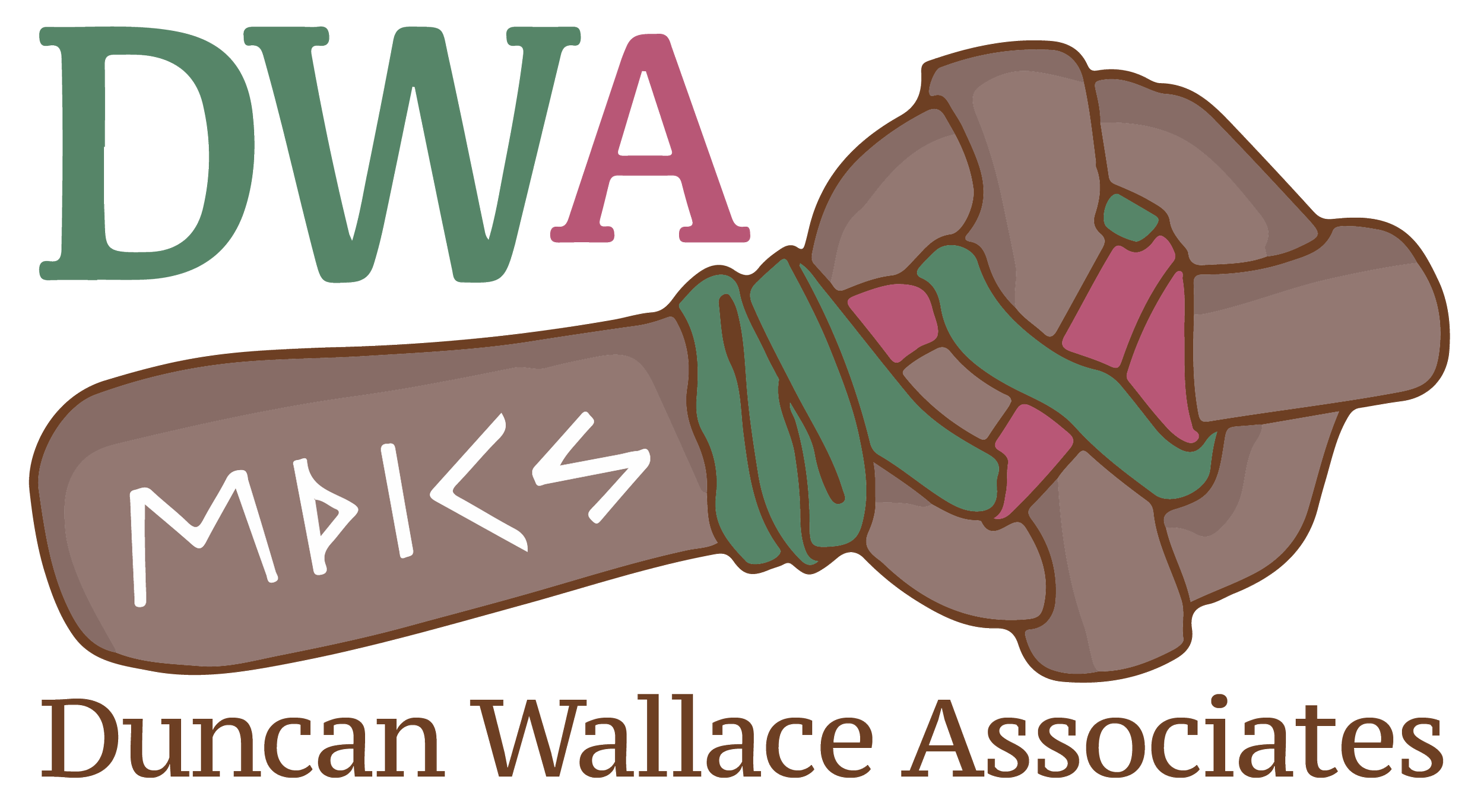Training Super-Villians and Selecting Board Members
Next week I get to train super-villains and the week after I’ll be interviewing people for two board members for Community Justice Scotland… Is there a connection??
I’m a connection and I connect things. Diversity is a common theme and is a source of strength that i think we need more of, yet at times I work across such a diversity of work that it can be a strain.
I love training people and enabling people to become super-villains, which is what my young daughter sometimes called Supervision Training (you can see a previous blog on Linkedin about that). I believe passionately about the importance of high quality support and supervision. I’ve always been supervised in my practice, it’s a core thread to my 15 years as an independent organisational consultant to have and a quality supervisor that i see on a regular basis. Without proper supervision my work would not be in the depth of what it is. At the moment i’m part of an Action Learning Set with other very experienced organisational/executive coaches. At a recent meeting we looked at and debated our own supervision and our requirements for supervision from our profession. I brought into that setting this book on Supervision in Action by Erik De Haan that I’ve been reading this last year, thanks to working with @johngrey and @Eileenmoir, which I would highly recommend. Many of the insights from that book will be in next week’s refresh of my 2-day course.
I love being supervised. My heart leaps with relief in the weeks when I’ve got a session with my supervisor to take stuff too and i feel grateful when i feel the good impact that happens when my partner, who is a psycho-therapist comes back from having had her supervisions. Yet I know, from my work within and alongside some major organisations in our society, like the NHS, Care Inspectorate, mental health organisations and social care sector how so often practitioners don’t get decent supervision, or in about 25-50% of the time don’t get anything that i would call proper practice based supervision. This is not good. I understand the complaint that ‘we don’t have time’ there is so much pressure from austerity funding… But stop and think for a moment… at the end of that practice are going to be people who are already experiencing hardship, they don’t need any more!
Next week as part of my world of work with Public appointments, I will be interviewing people for positions on the board of Community Justice Scotland. I know about the work of Community Justice Scotland through working with homelessness and all sorts of community organisations as well as working on public sector policy type stuff. It is a privilege to get to know it from a board perspective, find out who its board members are and what the gaps are. Building up a picture of what we need from the board members we are interviewing for next week. Our planning for the actual recruitment process started 3 or 4 months ago. That’s because we are determined as the Ethical Standards Commission to ensure that for every public appointment we are regulating the recruitment panels do their best at designing a process which targets the right people in terms of what the board is looking for and from the most diverse basis possible in Scottish society. So it’s diversity friendly with interview packs that are not chock full of male language and only ever asking for senior this and senior that, and exclusive segments of society. The packs are really transparent about what they are asking for so that if it’s niche it is really easy for people who have that niche to recognise themselves in it from all groupings be it women, BME, younger folk, disabled. We are really clear in the recruitment and selection for board members that these processes we use are appropriate for the post, work accurately and work well for all abilities and they are not setting up a process to have advantages for those in the know. That small group of elites who may travel around public boards and political spheres and can be extremely good in public life but if it is only those folk who get access by laziness of the process you end up with a small group of people running society for a small group of people, without intending to. As opposed to a group of people reflecting the society you wish to serve. Clearly with a fantastically innovative organisation such as Community Justice Scotland you want its board to reflect the society its seeking to serve. Looking at the ambitions of community justice, its shifting all of our attitudes and you realise why it needs such diversity in its board as well as obviously diversity in the way it works.
You don’t get diversity in the way an organisation does its work without a board that’s diverse in the way it runs itself. So actually there’s a huge link for me between these two things.
Is this the diverse team you need?
One, at the voluntary sector end of the market training supervisors, hard pressed, small organisations without internal training hence they come to the EVOC program and it is a real community of organisations, a real web of infrastructure that holds out society together, and working with huge organisations such as the Scottish Government in order to challenge their practice to make it diversity friendly as far as possible.
For me working across such diversity allows me to continue to grow and develop the insights that help make the world a better place.

